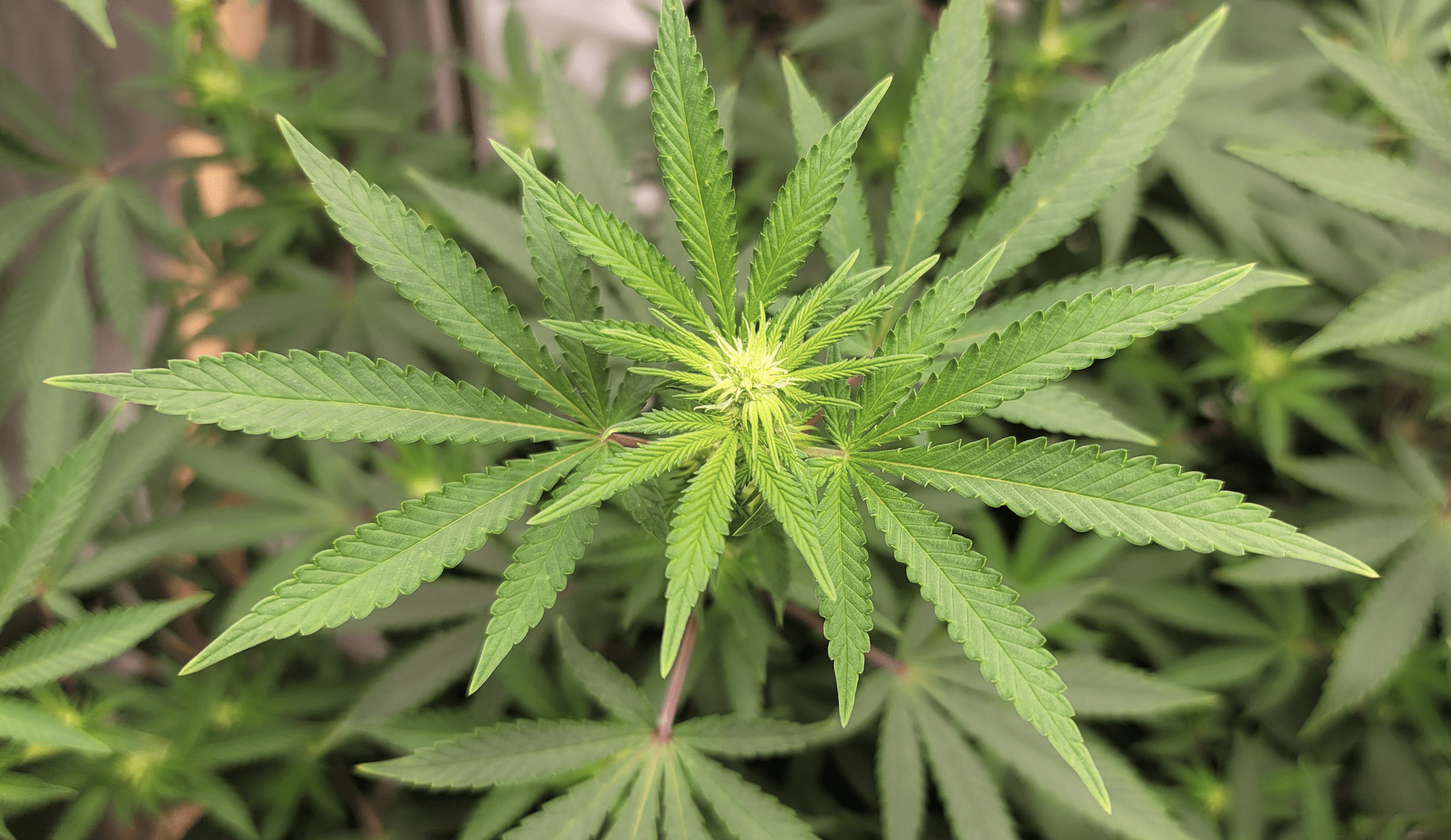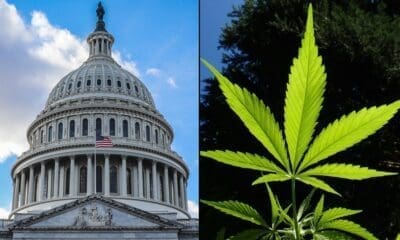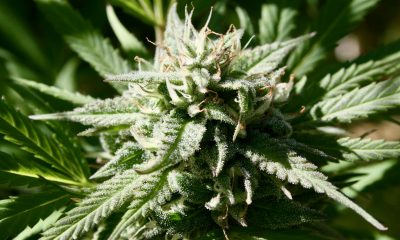Politics
Working In Canada’s Marijuana Industry Does Not Make People Inadmissible To U.S., Border Patrol Document Confirms

Simply working in Canada’s marijuana industry does not automatically render a person ineligible for admission to the U.S., a recently disclosed document from Customs and Border Protection (CBP) says.
That directly contradicts what top officials with the agency told the media following Canada’s national legalization of cannabis in 2018.
Previous statements from CBP made it seem like it was a codified policy within the agency that people who work directly with marijuana or in ancillary markets would be permanently barred from visiting or immigrating to the U.S. regardless of Canada’s move to legalize. But recently unredacted guidance says otherwise.
The law firm Davis Wright Tremaine LLP obtained the document through a Freedom of Information Act (FOIA) request that they’ve been pursuing over the past several years and which involved a court battle. CBP previously released a heavily redacted version of the guidance that omitted much of the policy on people who lawfully work in foreign cannabis industries, but in March the agency agreed to disclose additional text that paints a clearer picture.
Here’s the most relevant section of the newly unveiled CBP guidance:
“If the alien is engaged in business in a marijuana business in Canada, where there is no commerce with the United States, that alone would likely not make an alien inadmissible. This is true whether the alien is the proprietor, the cashier, or involved in other areas of the business wholly within Canada. However, depending on the nature of the alien’s employment, it may be appropriate to question the alien regarding the purpose and intent of their visit to the United States.”
Attorneys with Davis Wright Tremaine LLP suspected that was the case, even after a top CBP official told Politico definitively in 2018 that, “If you work for the industry, that is grounds for inadmissibility.” (CBP did clarify at one point that that wasn’t necessarily the case, but it didn’t release the full guidance document on the policy.)
“Agencies like CBP lack the authority to make new law or decisions regarding the official U.S. response to changes in foreign law,” three attorneys wrote in an article published on the firm’s site on Tuesday. “Moreover, when interpreting existing law to carry out an agency’s duties, the agency must follow certain formal procedures to make enforceable rules.”
The recently released document bears that out. It’s not currently CBP policy that any involvement in Canada’s marijuana industry necessarily warrants inadmissibility; however, there are still certain considerations that should be taken into account for those working in the market and plan to travel to the U.S.
If a person’s reason to travel into the U.S. is specifically related to marijuana commerce, they “would be inadmissible,” the agency said.
“If a business engages in ‘some sort of commercial dealing’ in the United States, admittedly production, sale, and distribution of marijuana to the public, the applicable legal standard is broad enough to render inadmissible aliens whom there is reason be believe will assist in the illicit trafficking of a controlled substance, as well as aliens who have more directly trafficked in a controlled substance,” it said.
The partially redacted CBP document lays out several specific hypothetical scenarios and offers guidance on whether the person in question would be admissible to the U.S., for example:
Citizen of Canada is an investor in a series of Marijuana dispensaries in Canada (which have no association to any US-based entities). The person is applying for admission at a U.S./Canada border port of entry. The person states the purpose of the trip is to visit various amusement parks in Florida for the next two weeks.
A. The individual is not inadmissible based on the 212(a)(2) grounds based on this scenario but would need to otherwise demonstrate his or her admissibility.
…
Citizen of Canada works at a provincially-owned marijuana dispensary in Canada. The person is applying for admission at a U.S./Canada border port of entry. The person states the purpose of the trip is to go shopping at the local grocery store.
A. The individual is not inadmissible based on the 212(a)(2) grounds based on this scenario but would need to otherwise demonstrate his or her admissibility.
But if a person is the “sole proprietor” of a cannabis business in the U.S., that would be seen as grounds of inadmissibility, however.
Traveling to the U.S. with the “stated intention” of seeking employment in the marijuana industry (regardless of state law) could also lead to a denial of entry.
Because of these legal nuances, attorneys are still encouraging Canadians connected to the legal cannabis market to seek counsel before attempting to travel to the U.S. because “the risk of a lifetime ban still—unfortunately—looms large given the broad latitude provided to border officers.”
But the document nonetheless provides some level of clarity about what type of conduct is permissible or impermissible by CBP standards.
Photo courtesy of Mike Latimer.
















